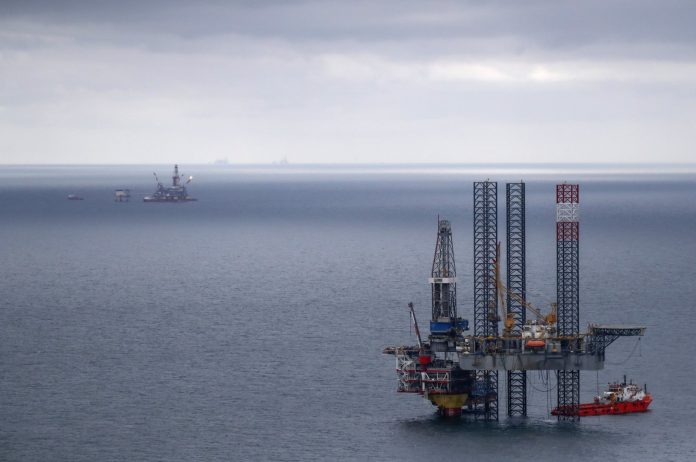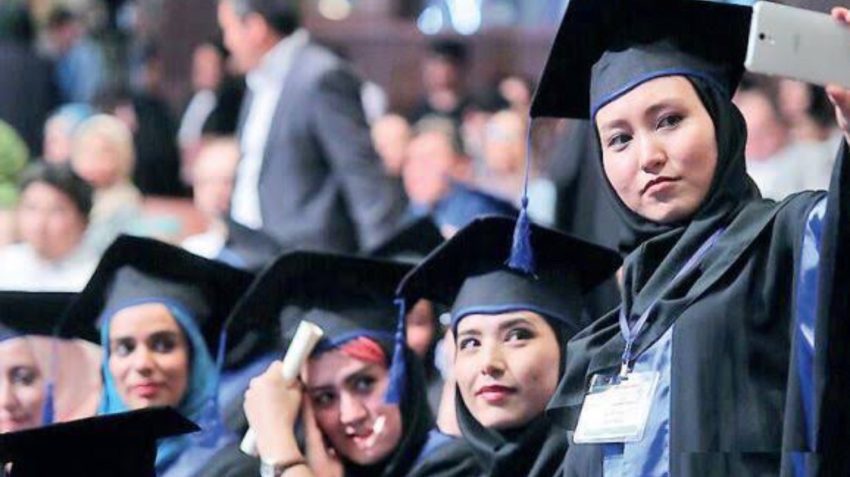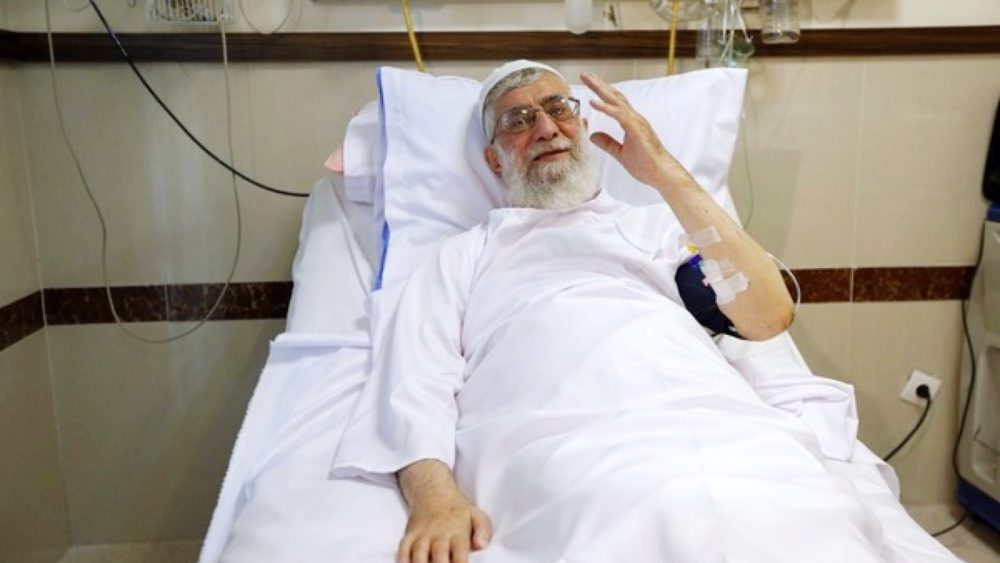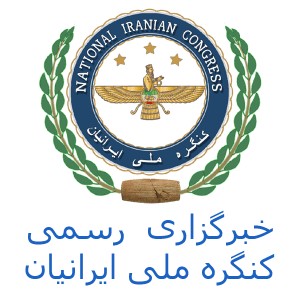
Iran’s share of the Caspian Sea fell sharply to 11.875 percent, from the 50 percent stipulated in the original 1921 fisheries agreement with the Soviet Union, which was amended in 1924. This means that Iran loses at least $ 3.2 trillion in revenue from shared energy resources. The reason why the ruling Islamic regime in Iran accepted this outrageous change in its share of the spoils of the Caspian Sea was that at the time it was negotiating a 25-year agreement with China, which included an enormous and major agreement with Russia.
The deal with Russia was a legal requirement for a 25-year deal with China. For example, the agreement allows Russian and Chinese aircrafts and vessels to use joint sites throughout Iran. The agreement was added to the existing 10-year multi-layered contract that Iran had already signed with Russia by then.
Kazem Jalali, the Iran’s Islamic regime’s ambassador in Moscow, announced last month that the usual 10-year deal has now been replaced by a 20-year deal with Russia that includes political, security, military, defense and economic cooperation. One of the key elements of this new 20-year agreement between Iran and Russia and the two previous 10-year agreements is that Russia has virtually control over where and at what price the Iranian gas is sold.
One of Moscow’s main concerns over the years has been to control this potential threat to its dominance of gas supplies to Europe and the significant consequential geopolitical power, as well as Iran’s capabilities in this area. Iran estimates its proven natural gas reserves to be at 1,193 trillion cubic feet (Tcf), which, after Russia, accounts for 17 percent of the world’s total reserves, and more than a third of OPEC reserves. Therefore, it has always been important for Russia to ensure that Iranian gas does not flow into Europe to weaken Russia.






